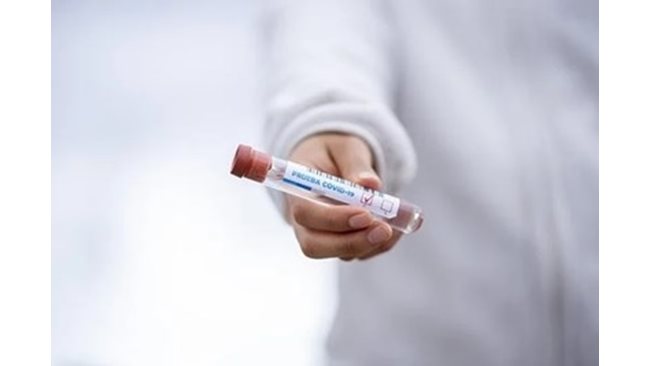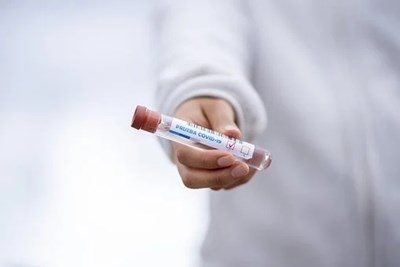
[ad_1]

PHOTOGRAPH: Pixabay
Each country in the European Union will cost 1.78 euros for a dose of the coronavirus vaccines agreed by the European Commission with the company AstraZeneca, reported the Spanish agency EFE, cited by dariknews.bg. The total price of the dose is 2.90 euros, of which 1.12 euros is covered by the European Commission, the remaining 1.78 euros – for each of the member states. A vaccine is given in 2 doses.
The Spanish Council of Ministers has already authorized the advance purchase of the vaccines, a total of 31,555,469 doses, and the country expects 3.1 million of them to arrive in December if the company’s product passes all security controls. The tests of the third last phase are currently in progress.
Each AstraZeneca vaccine has a double dose, the delivery time is June 2021, and in Spain these 31.5 million units will be enough to immunize 15 million people.
The contract signed by the European Commission with the company for the supply of 300 million doses to member states worth 870 million euros was backed by 336 million euros transferred by the EC to the company.
The European Commission (EC) has signed 2 more contracts for the supply of vaccines for EU countries with Sanofi (for 300 million doses) and Johnson & Johnson (for 200 million doses).
Similar contracts are currently being negotiated with other manufacturers of coronavirus vaccines: CureVac, Moderna, BioNTech / Pfizer.
We remind you that in EU countries priority will be given to vaccination to:
– Medical staff,
– residents over 60 years old,
– patients at risk,
– important groups in society outside the health sector,
– workers whose profession does not allow social distancing,
– Socially weak vulnerable population groups and other risk groups.
From October to December 2020, the countries of the European Union must provide the necessary capacity for vaccination against the coronavirus, as well as ensure easy access to vaccines for the target population groups, both in terms of accessibility and proximity physical.
Beginning in October, states must
– prepare for the reception of vaccines with different characteristics, storage and transport needs;
– ensure that immunization information systems and other vaccination records are kept up to date and ready to process vaccination data;
– ensure clear communication about the benefits, risks and importance of COVID-19 vaccines;
– Member States and public health authorities should be prepared to conduct studies, regardless of industry interests, the efficacy and safety of vaccines.
[ad_2]